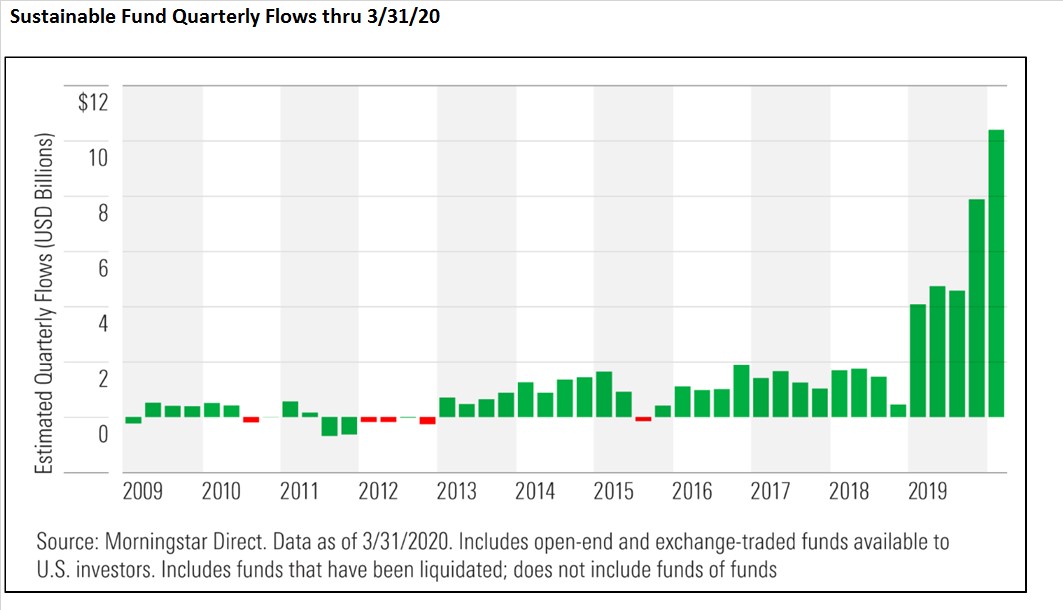You are leaving the website of Cambridge Trust, a division of Eastern Bank and linking to a third party site. Please be advised that you will then link to a website hosted by another party, where you will no longer be subject to, or under the protection of, the privacy and security policies of Eastern Bank. We recommend that you review and evaluate the privacy and security policies of the site that you are entering. Eastern Bank assumes no liability for the content, information, security, policies or transactions provided by these other sites.
